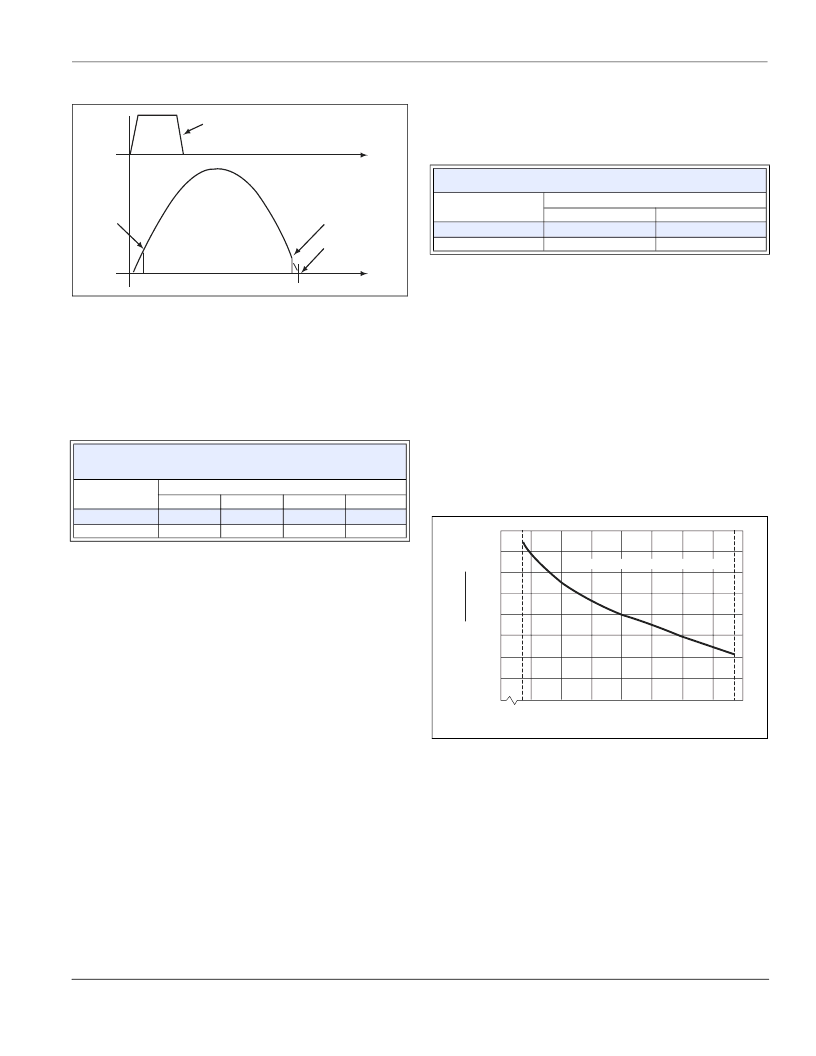- 您現(xiàn)在的位置:買賣IC網(wǎng) > PDF目錄369507 > BT136F-500E DIODE ZENER SINGLE 500mW 14Vz 9mA-Izt 0.05 0.1uA-Ir 10Vr DO35-GLASS 5K/AMMO PDF資料下載
參數(shù)資料
| 型號: | BT136F-500E |
| 英文描述: | DIODE ZENER SINGLE 500mW 14Vz 9mA-Izt 0.05 0.1uA-Ir 10Vr DO35-GLASS 5K/AMMO |
| 中文描述: | 晶閘管產(chǎn)品目錄 |
| 文件頁數(shù): | 129/224頁 |
| 文件大?。?/td> | 2697K |
| 代理商: | BT136F-500E |
第1頁第2頁第3頁第4頁第5頁第6頁第7頁第8頁第9頁第10頁第11頁第12頁第13頁第14頁第15頁第16頁第17頁第18頁第19頁第20頁第21頁第22頁第23頁第24頁第25頁第26頁第27頁第28頁第29頁第30頁第31頁第32頁第33頁第34頁第35頁第36頁第37頁第38頁第39頁第40頁第41頁第42頁第43頁第44頁第45頁第46頁第47頁第48頁第49頁第50頁第51頁第52頁第53頁第54頁第55頁第56頁第57頁第58頁第59頁第60頁第61頁第62頁第63頁第64頁第65頁第66頁第67頁第68頁第69頁第70頁第71頁第72頁第73頁第74頁第75頁第76頁第77頁第78頁第79頁第80頁第81頁第82頁第83頁第84頁第85頁第86頁第87頁第88頁第89頁第90頁第91頁第92頁第93頁第94頁第95頁第96頁第97頁第98頁第99頁第100頁第101頁第102頁第103頁第104頁第105頁第106頁第107頁第108頁第109頁第110頁第111頁第112頁第113頁第114頁第115頁第116頁第117頁第118頁第119頁第120頁第121頁第122頁第123頁第124頁第125頁第126頁第127頁第128頁當(dāng)前第129頁第130頁第131頁第132頁第133頁第134頁第135頁第136頁第137頁第138頁第139頁第140頁第141頁第142頁第143頁第144頁第145頁第146頁第147頁第148頁第149頁第150頁第151頁第152頁第153頁第154頁第155頁第156頁第157頁第158頁第159頁第160頁第161頁第162頁第163頁第164頁第165頁第166頁第167頁第168頁第169頁第170頁第171頁第172頁第173頁第174頁第175頁第176頁第177頁第178頁第179頁第180頁第181頁第182頁第183頁第184頁第185頁第186頁第187頁第188頁第189頁第190頁第191頁第192頁第193頁第194頁第195頁第196頁第197頁第198頁第199頁第200頁第201頁第202頁第203頁第204頁第205頁第206頁第207頁第208頁第209頁第210頁第211頁第212頁第213頁第214頁第215頁第216頁第217頁第218頁第219頁第220頁第221頁第222頁第223頁第224頁

Application Notes
AN1002
2002 Teccor Electronics
Thyristor Product Catalog
AN1002 - 3
http://www.teccor.com
+1 972-580-7777
Figure AN1002.6
Latching and Holding Characteristics of Thyristor
Similar to gating, latching current requirements for triacs are dif-
ferent for each operating mode (quadrant). Definitions of latching
modes (quadrants) are the same as gating modes. Therefore,
definitions shown in Figure AN1002.2 and Figure AN1002.3 can
be used to describe latching modes (quadrants) as well. The fol-
lowing table shows how different latching modes (quadrants)
relate to each other. As previously stated, Quadrant II has the
lowest latching current sensitivity of all four operating quadrants.
Example of a 4 Amp Triac:
If I
L
(I) = 10 mA, then
I
L
(II) = 40 mA
I
L
(III) = 12 mA
I
L
(IV) = 11 mA
Latching current has even somewhat greater temperature depen-
dence compared to the DC gate trigger current. Applications with
low temperature requirements should have sufficient principal
current (anode current) available to ensure thyristor latch-on.
Two key test conditions on latching current specifications are
gate drive and available principal (anode) current durations.
Shortening the gate drive duration can result in higher latching
current values.
Holding Current of SCRs and Triacs
Holding current (I
H
) is the minimum principal current required to
maintain the thyristor in the on state. Holding current can best be
understood by relating it to the “drop-out” or “must release” level
of a mechanical relay. Figure AN1002.6 shows the sequences of
gate, latching, and holding currents. Holding current will always
be less than latching. However, the more sensitive the device,
the closer the holding current value approaches its latching cur-
rent value.
Holding current is independent of gating and latching, but the
device must be fully latched on before a holding current limit can
be determined.
Holding current modes of the thyristor are strictly related to the
voltage polarity across the main terminals. The following table
illustrates how the positive and negative holding current modes
of triacs relate to each other.
Example of a 10 A triac:
If I
H
(+) = 10 mA, then
I
H
(-) = 13 mA
Holding current is also temperature-dependent like gating and
latching shown in Figure AN1002.7. The initial on-state current is
200 mA to ensure that the thyristor is fully latched on prior to
holding current measurement. Again, applications with low tem-
perature requirements should have sufficient principal (anode)
current available to maintain the thyristor in the on-state condi-
tion.
Both minimum and maximum holding current specifications may
be important, depending on application. Maximum holding cur-
rent must be considered if the thyristor is to stay in conduction at
low principal (anode) current; the minimum holding current must
be considered if the device is expected to turn off at a low princi-
pal (anode) current.
Figure AN1002.7
Typical DC Holding Current vs Case Temperatures
Example of a 10 A triac:
If I
H
(+) = 10 mA at 25 °C, then
I
H
(+)
≈
7.5 mA at 65 °C
Relationship of Gating, Latching, and
Holding Currents
Although gating, latching, and holding currents are independent
of each other in some ways, the parameter values are related. If
gating is very sensitive, latching and holding will also be very
sensitive and vice versa. One way to obtain a sensitive gate and
not-so-sensitive latching-holding characteristic is to have an
“amplified gate” as shown in Figure AN1002.8.
Typical Ratio of
at 25 °C
Type
4 A Triac
10 A Triac
Operating Mode
Quadrant II
4
Quadrant I
1
Quadrant III
1.2
Quadrant IV
1.1
1
4
1.1
1
Time
Time
Holding Current Point
Zero Crossing Point
Principal
Current
Through
Thyristor
Gate Pulse
Gate
Drive
to Thyristor
Latching
Current
Point
I
In given Quadrant
L
Quadrant
1
(
)
(
)
------------I
Typical Triac Holding Current Ratio
Type
4 A Triac
10 A Triac
Operating Mode
I
H
(+)
1
I
H
(-)
1.1
1
1.3
2.0
1.5
1.0
.5
0
-40
-15
+25
+65
+100
Case Temperature (T
C
) – C
R
I
H
I
H
C
INITIAL ON-STATE CURRENT = 200 mA dc
相關(guān)PDF資料 |
PDF描述 |
|---|---|
| BT136F-500F | DIODE, ZENER, 15V |
| BT136F-500G | DIODE ZENER SINGLE 500mW 15Vz 8.5mA-Izt 0.05 0.1uA-Ir 11Vr DO35-GLASS 5K/REEL |
| BT136F-600 | DIODE ZENER SINGLE 500mW 16Vz 7.8mA-Izt 0.05 0.1uA-Ir 12Vr DO35-GLASS 5K/REEL |
| BT136S-500 | DIODE ZENER DUAL COMMON-ANODE 300mW 51Vz 5mA-Izt 0.05 0.1uA-Ir 38 SOT-23 3K/REEL |
| BT136S-500F | Triacs |
相關(guān)代理商/技術(shù)參數(shù) |
參數(shù)描述 |
|---|---|
| BT136F-500F | 制造商:TECCOR 制造商全稱:TECCOR 功能描述:Thyristor Product Catalog |
| BT136F-500G | 制造商:TECCOR 制造商全稱:TECCOR 功能描述:Thyristor Product Catalog |
| BT136F-600 | 制造商:TECCOR 制造商全稱:TECCOR 功能描述:Thyristor Product Catalog |
| BT136F-600D | 制造商:TECCOR 制造商全稱:TECCOR 功能描述:Thyristor Product Catalog |
| BT136F-600E | 制造商:TECCOR 制造商全稱:TECCOR 功能描述:Thyristor Product Catalog |
發(fā)布緊急采購,3分鐘左右您將得到回復(fù)。